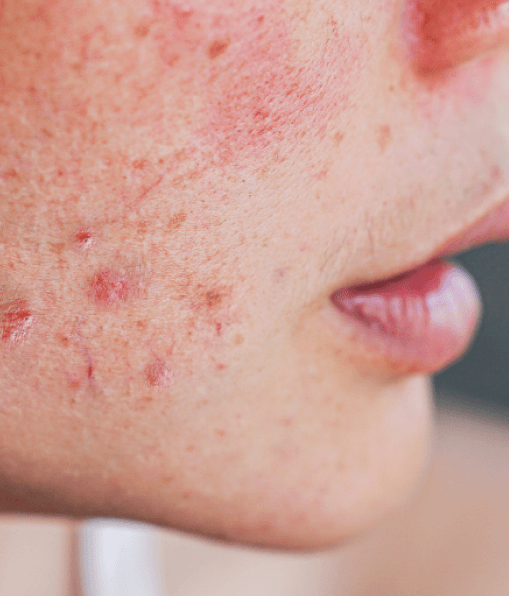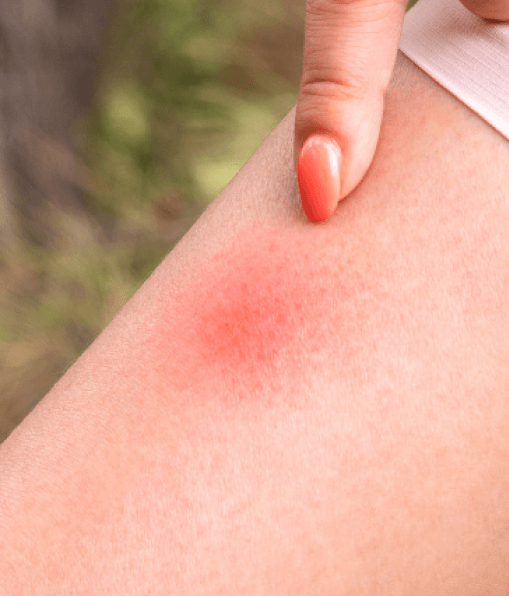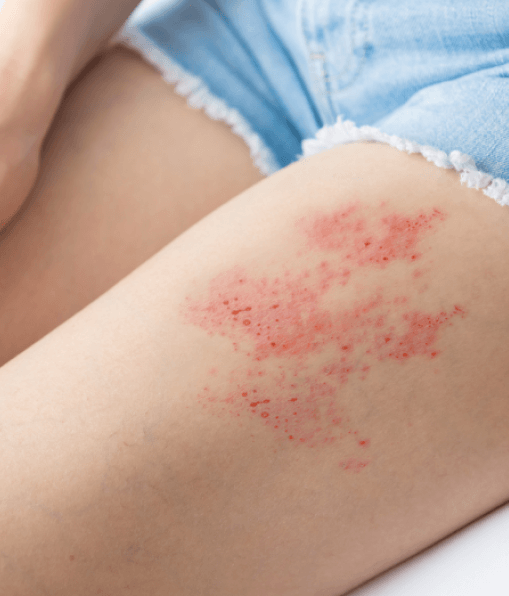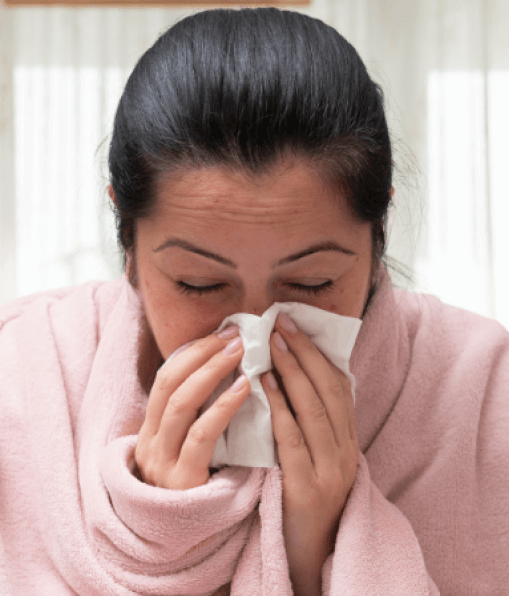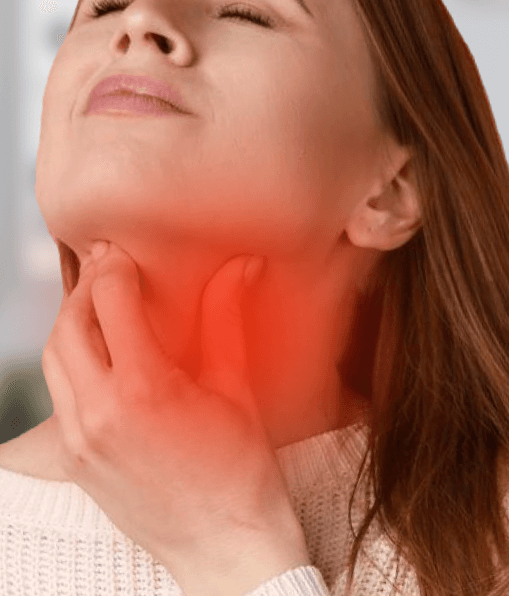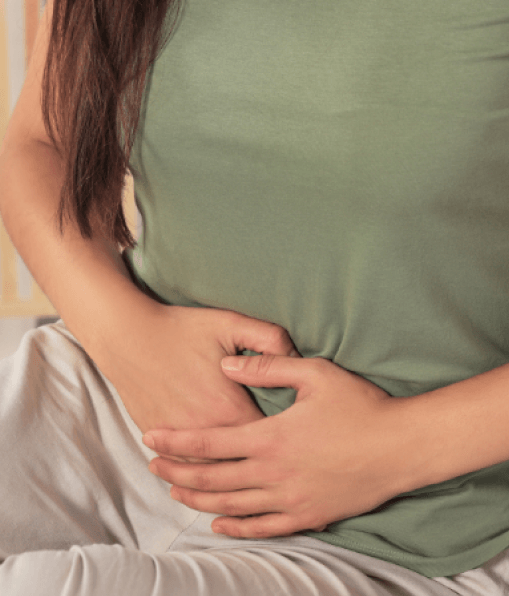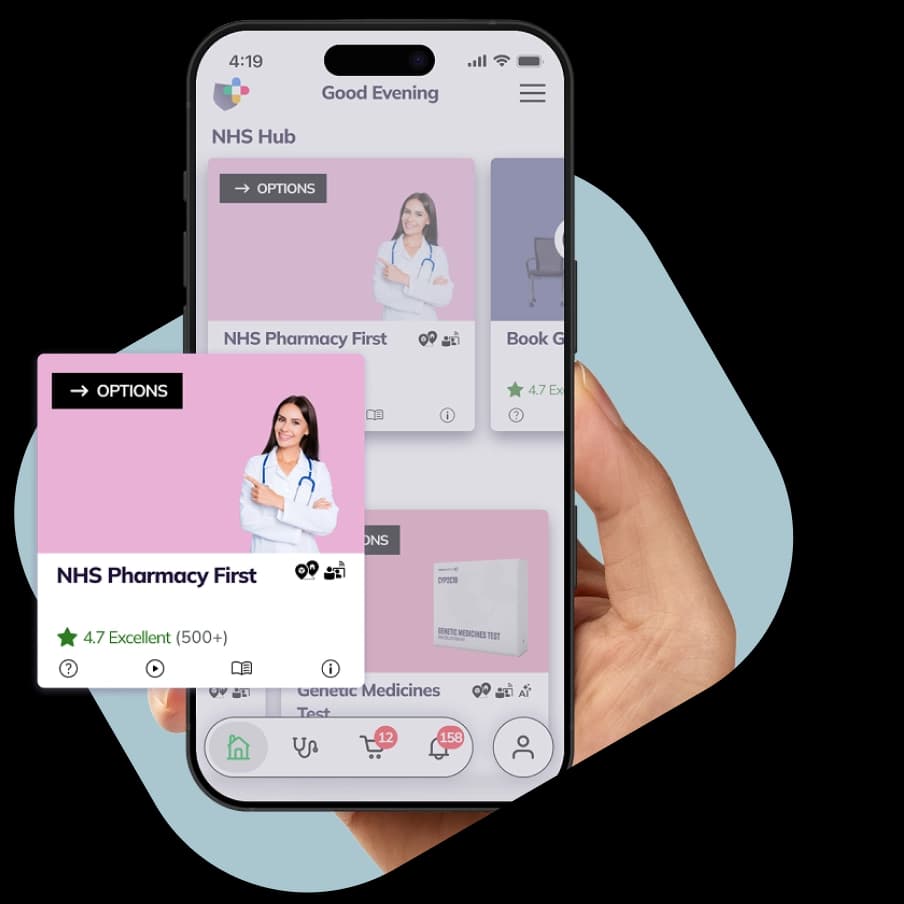Check Your Eligibility for FREE NHS Treatments
Do you suspect you have sinusitis, sore throat, an infected insect bite, impetigo, shingles, or an uncomplicated UTI*, then you may be eligible for a FREE NHS-funded virtual consultation and treatment, with medication delivered to your door.
Skip GP waiting times and get treated from home by qualified NHS prescribers. Fast, convenient care
*Common conditions we assess and treat include sinusitis, sore throats, infected insect bites, impetigo, shingles & uncomplicated urinary tract infections in women.
Get Treated
Get Started by Selecting the Condition You Would Like to Get Treated
OUR CUSTOMERS VIEW
What Customers Love About Our Service
We want everyone to be happy and healthy, that’s what keeps us going. Read what some of them have to say about us.
Medicines Experts
Meet Our Medical Team
We are a broad skilled and passionate group of clinicians with experience of operating in health systems in the United Kingdom & United States. Providing excellent care and advice is at the heart of everything we do. You can read more about our medical team by visiting the medical team page or learn more about how we curate content by visiting our editorial process





